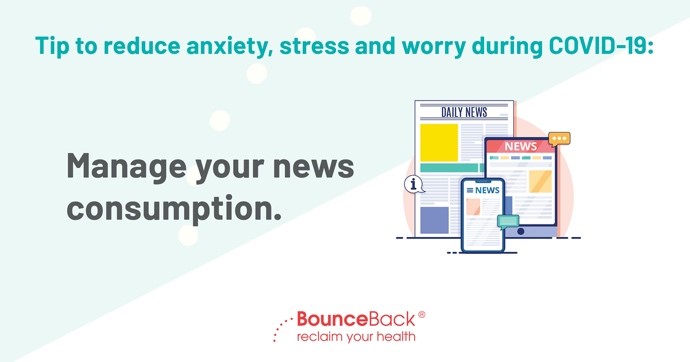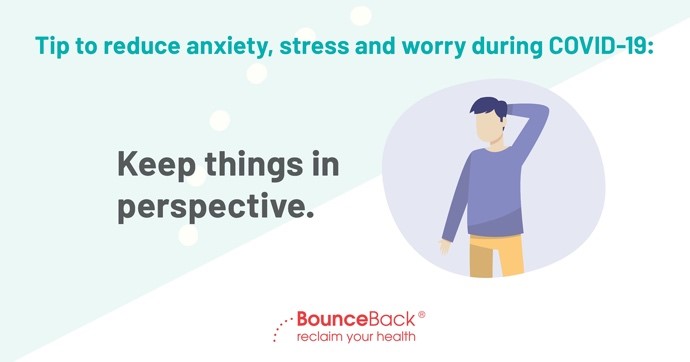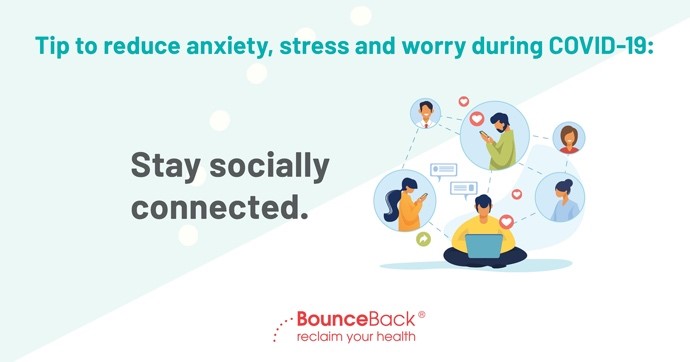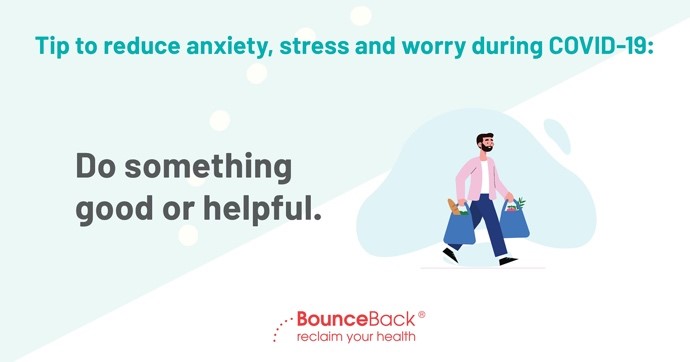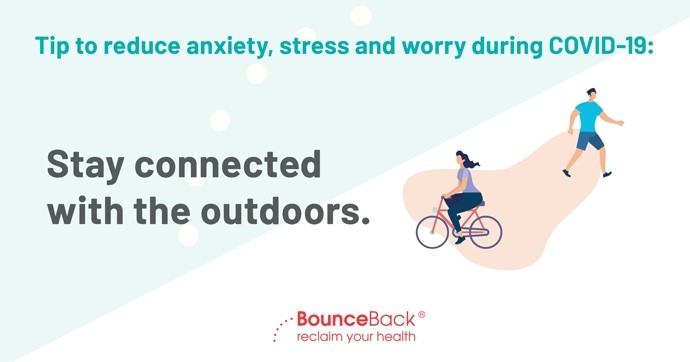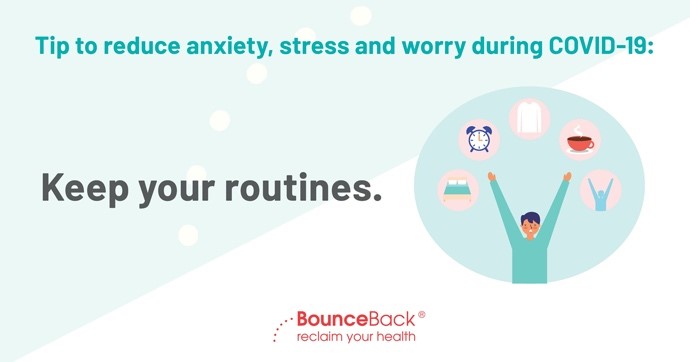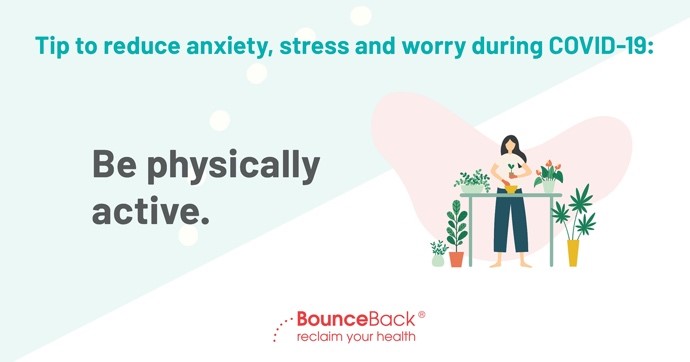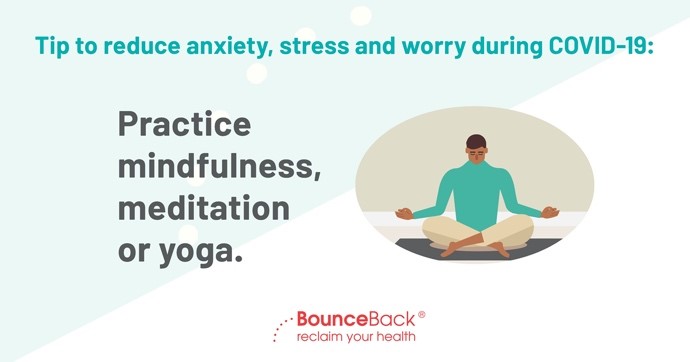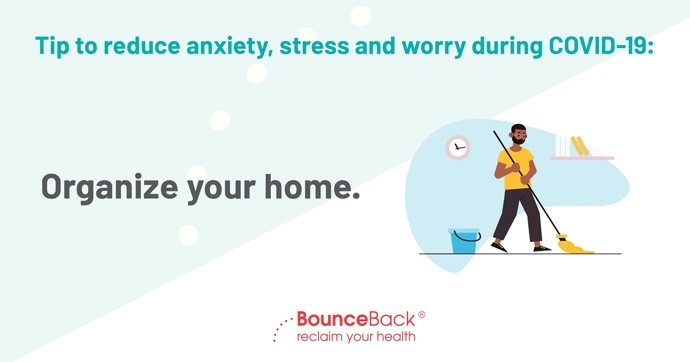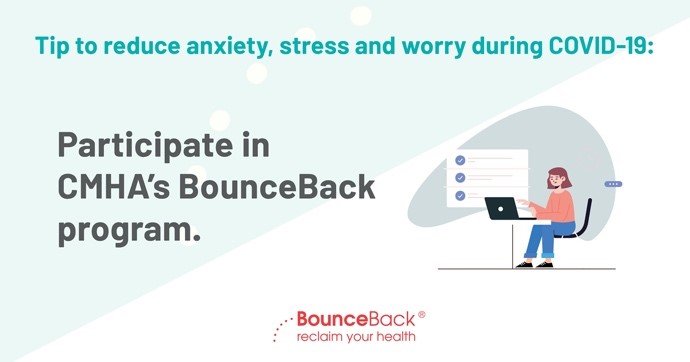Menu
Close
Try simple, but helpful methods to manage mental health during this stay-at-home period
Apr 9, 2021
With news of today’s stay-at-home order, Canadian Mental Health Association (CMHA) Ottawa reminds people that they can take some simple and basic steps to help them manage their mental health during these challenging times.
- It’s normal to feel anxious. Try not to avoid, ignore or suppress anxious thoughts. Instead, be aware of your anxiety and accept that you’re feeling anxious in this situation. Try to keep things in perspective, notice and challenge your thoughts that may be extreme or unhelpful.
- While you can’t be together physically, stay socially connected with friends and family by phone, text or virtually.
- Do something good or helpful. Research shows that doing things for others strengthens our own mental health. Check on your neighbours, elderly parents and friends to see how they’re doing and if they need help picking up groceries, medications and other important household items.
- Stay connected with the outdoors. If you’re able to do so safely, consider going outdoors for a walk, run or bike ride to enjoy the scenery and fresh air. If you’re worried about crowds, consider going out at off-peak hours (early morning, late evening) to avoid proximity.
- Routines can help reduce mental fatigue, so getting up at your usual time, showering and getting dressed as you normally would for work can be helpful. Eating healthy, drinking water and getting plenty of sleep are also important factors.
For more tips, check out CMHA Ontario Division’s BounceBack mental health tip sheet to support those who may be experiencing heightened mental health challenges as a result of the COVID-19 pandemic.
If you are noticing that your symptoms of anxiety (related to COVID-19 or otherwise) are causing you significant distress or are interfering with your ability to function normally, consider participating in Ontario’s Structured Psychotherapy Program, which offers a mix of services, including CMHA’s BounceBack program. BounceBack is a free skill-building program for adults and youth 15+ who want to gain practical life skills to help them better manage their symptoms of low mood, mild-to-moderate depression and anxiety, stress or worry. For more information or to see if the BounceBack program may be right for you, visit bouncebackontario.ca.
If you’re in need of support, contact your local CMHA (cmha.ca/find-your-cmha), or call or visit Connex Ontario (https://connexontario.ca; 1-866-531-2600). You may also visit our listing of available mental health and substance use resources and crisis lines.
Scroll down for the tips!
